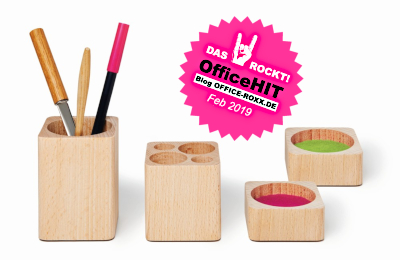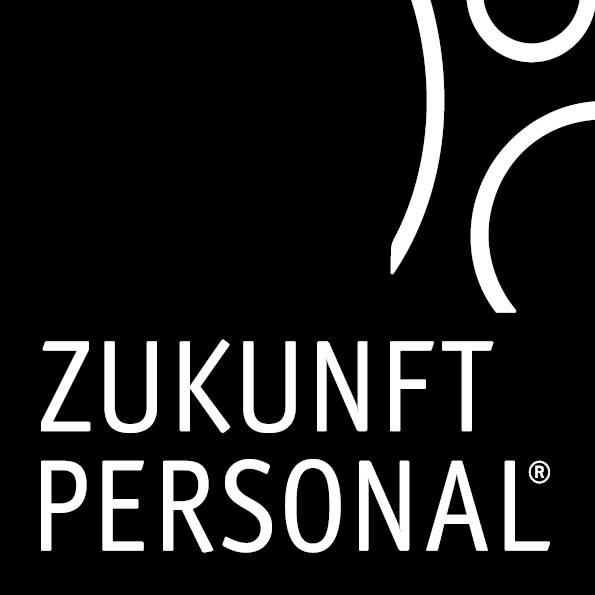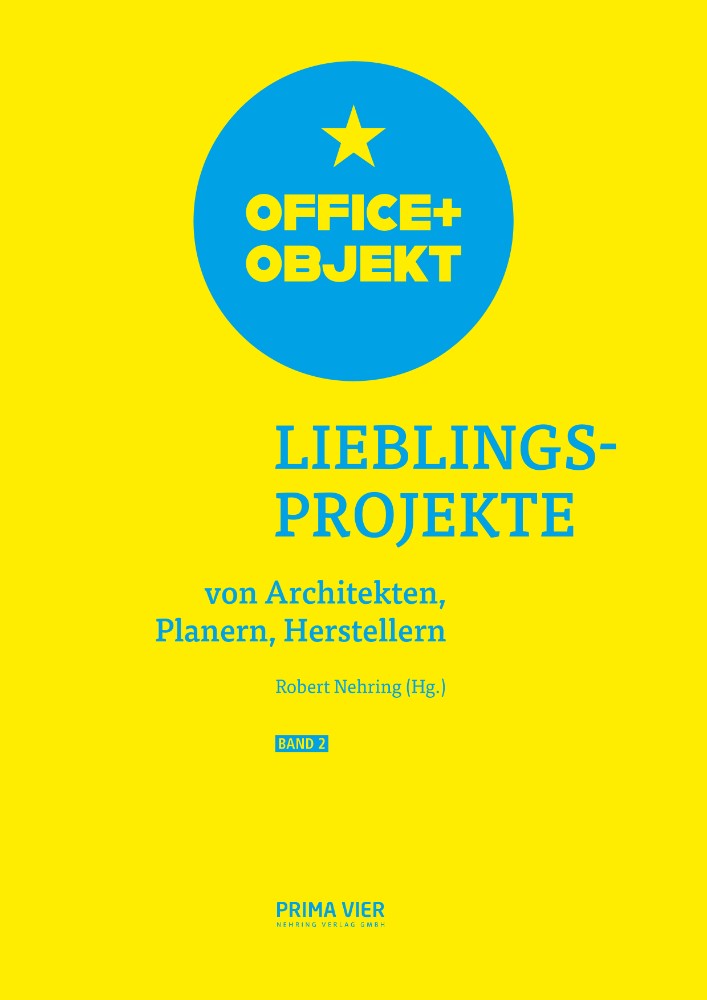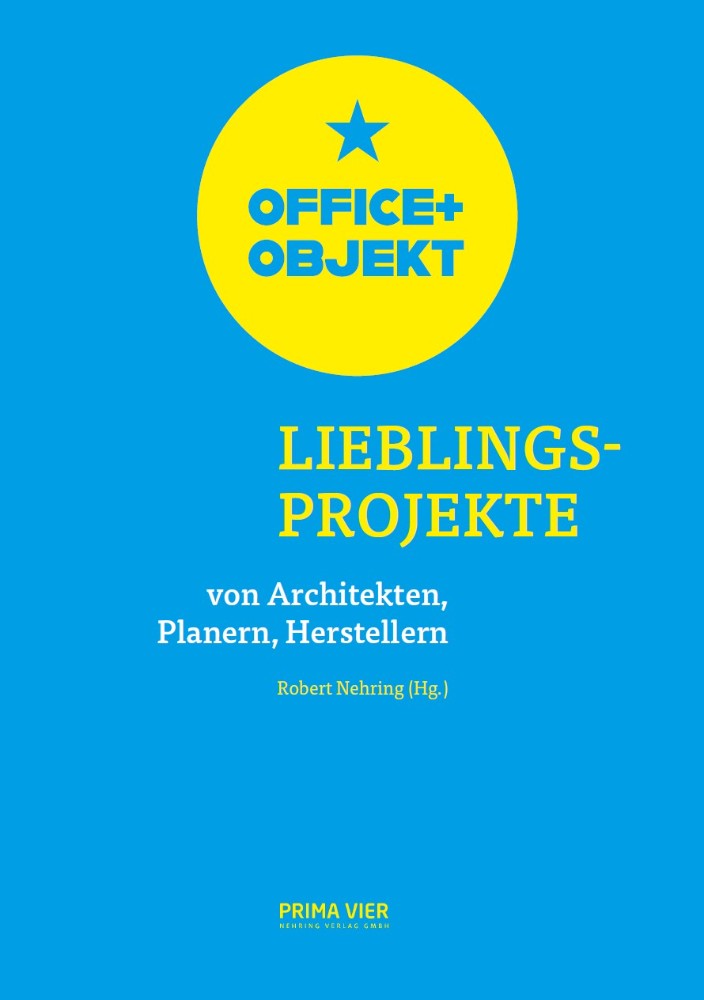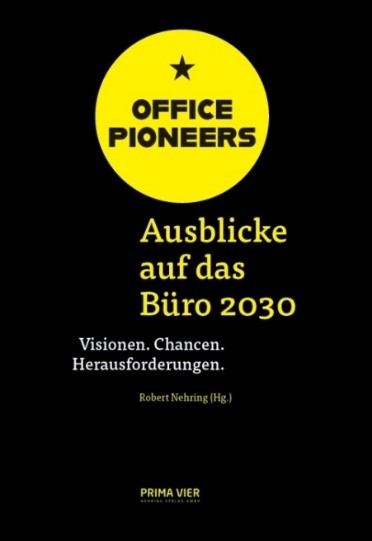Englisch und Spanisch sind die zwei wichtigsten Sprachen in der Geschäftswelt. In diesem Teil unserer Fremdsprachenserie zeigen die Experten der Sprachschule Iberika, wie Sie in diesen Sprachen Kollegen höflich um etwas bitten und ihnen zu- oder absagen können.
Englisch
Being polite is absolutely essential when working with people. It brings harmony to the workplace and improves communication among team members. But sounding polite especially if you need to ask your colleagues to do things for you is not always easy. A simple Can you ...? or Could you ...? might not always be enough. We often use other, sometimes longer structures that help us sound less direct. Here are some examples:
| making requests | saying yes | saying no |
| Can/could you please work this Saturday? | Yes, sure. | I‘m afraid I can‘t. |
| Do you think you could finish the report by Friday? | No problem! | I wish I could but (+ reason) |
| I was wondering if/hoping you could meet the clients at the airport when they arrive. | Yes, of course. | Sorry but I can‘t. |
| Do/would you mind going to the management meeting next week? | No, not at all. | Well, actually ... |
Of course, it’s equally important to sound polite if you need permission to do something. Have a look at these examples:
| asking permission | saying yes | saying no |
| Can/could I use your printer, please? | Yes, go ahead! | I’d rather you didn’t. |
| Is it okay/alright if I use your phone? | Of course. | Sorry but ... |
| Do you think I could leave a bit earlier today?
I was wondering if/hoping I could work from home next week. |
Sure, no problem. | I’m not sure ... |
| Do/would you mind if I take my lunch break now? | No of course not. | Well, the problem is ... |
Don’t forget Do/would you mind ...? means Is it a problem for you? so the polite answer is No, (of course not) or Not at all.
In an informal context you could also add ... if that’s okay (with you), ... if you’re not too busy, ... when you have a minute or two, ... for me? etc. You can normally put these phrases at the beginning or at the end of the sentence:
If you’re not too busy do you think you could finish this report by Friday?
Can you have a look at these documents for me?
Would you mind sending me the report when you have a minute or two?
Spanisch
Ein entscheidender Faktor für den Erfolg eines jeden Unternehmens ist eine problemlose Kommunikation unter den Kollegen. Der Umgangston sollte freundlich sein, und alle wichtigen Informationen müssen klar und verständlich von einem Kollegen an den anderen übermittelt werden. Wenn man einen Kollegen um etwas bittet – egal ob dieser etwas tun oder einem etwas zukommen lassen soll –, gibt es auf Spanisch unzählige Möglichkeiten, die Bitte in Worte zu fassen.
Bevor wir im Folgenden die häufigsten Wendungen auf Spanisch vorstellen, sei noch einmal daran erinnert, dass in Spanien und vielen Ländern Lateinamerikas der Umgangston zwischen Kollegen in der Regel weniger förmlich ist als in Deutschland. So ist es dort auch allgemein üblich, dass sich Kollegen duzen.
Wir unterteilen die wichtigsten Wendungen, mit denen man Bitten im Job äußern kann, in zwei Gruppen.
Erstens: Einen Kollegen bitten, dass er einem etwas zukommen lässt:
¿Puedes enviarme el documento por e-mail lo antes posible?
Por favor, tráeme el balance del año, es que tengo que mirar unos datos.
¿Podrías prestarme un bolígrafo?
¿Te importa si uso vuestra impresora?
¿Te importaría darme el informe actual que está en tu oficina?
¿Me dejas usar la fotocopiadora de tu oficina, es que la nuestra no funciona.
Zweitens: Einen Kollegen bitten, etwas zu tun oder einem bei etwas zu helfen:
¿Puedes mandarle un mail a xxx para informarle de la reunión?
Por favor, recuerda que hoy a las tres de la tarde llegan los clientes de Barcelona.
¿Podrías ayudarme a revisar los datos del informe?
¿Podrías encargarte de organizar la reunión para el día cinco de noviembre?
¿Te importa si nos reunimos en mi oficina a las 10h para hablar del nuevo proyecto?
¿Te importaría recibir a los clientes de Madrid el lunes? Es que yo estaré fuera por un viaje de trabajo (auf Dienstreise) hasta el martes.
¿Te parece bien si tú te encargas de hablar con los proveedores esta tarde? Es que yo voy a reunirme hoy con el encargado del control de calidad.








